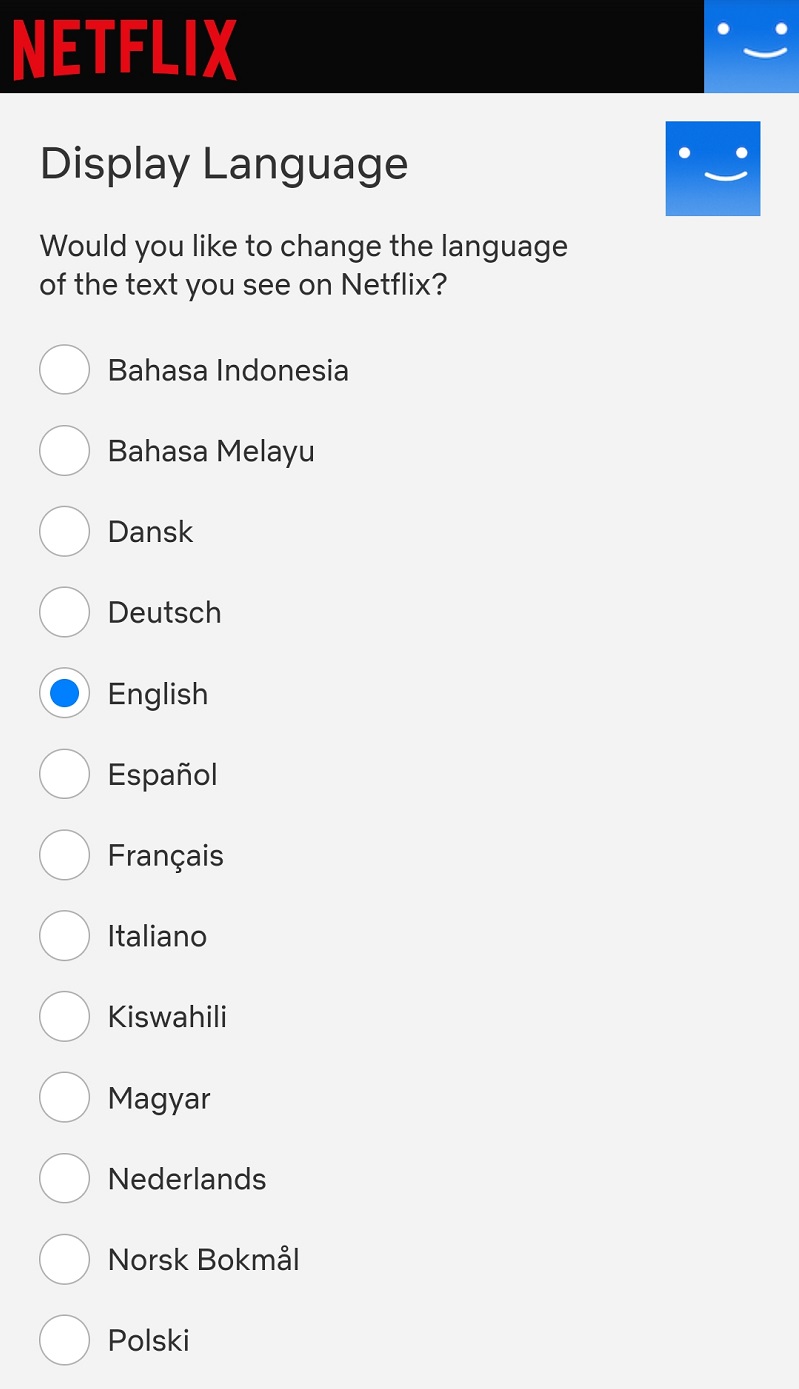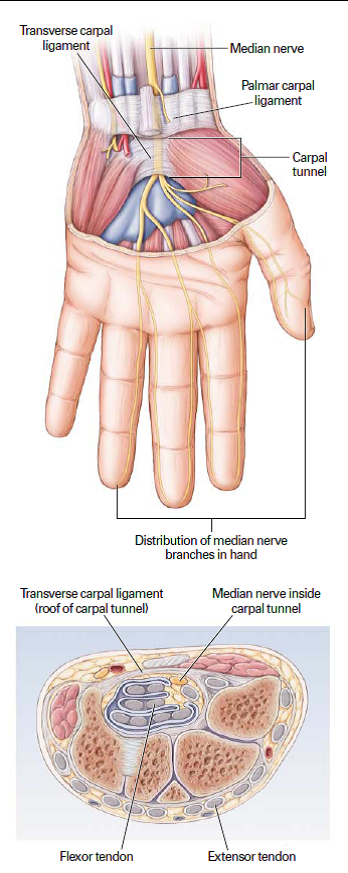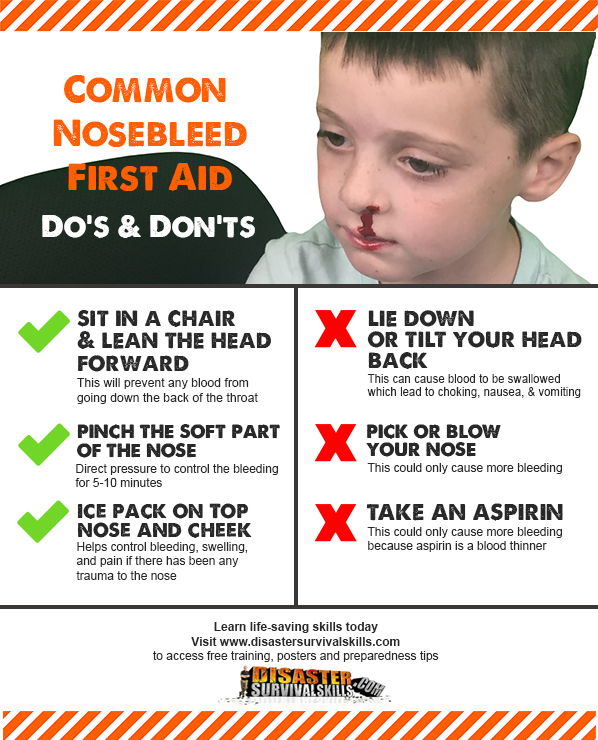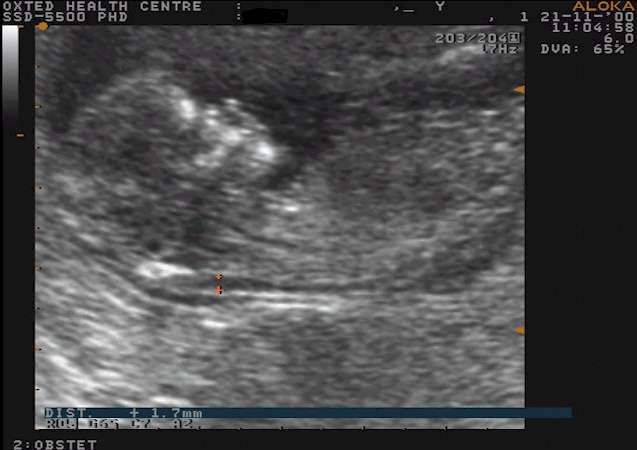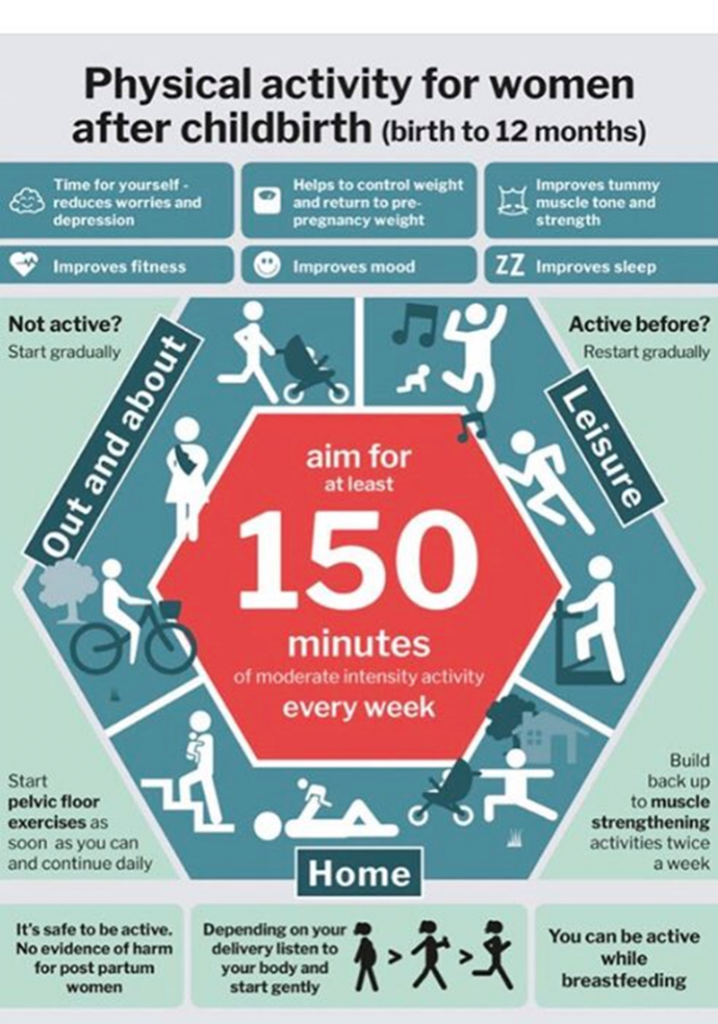How do you report child endangerment
Report Child Abuse
Reporting Report Abuse Child Protective Services Report Child Abuse
If you suspect that a child's health or safety is jeopardized due to abuse or neglect by parents or other caretaker who has custody of the child, contact the child protective services agency in your county. These 24-hour Hotlines are staffed by trained social workers.
If you are reporting suspected child abuse or neglect regarding children in another county please contact that county's child protective services agency.
California County Emergency Response Child Abuse Reporting Telephone Numbers
| Alameda County | (510)-259-1800 |
| Alpine County | (530)-694-2235 |
| Amador County | (209)-223-6550 – Mon thru Thurs 8:00-5:00 |
| Butte County | (530)-538-7882 |
| Calaveras County | (209)-754-6452 |
| Colusa County | (530)-458-0280 |
| Contra Costa County | (877)-881-1116 |
| Del Norte County | (707)-464-3191 |
| El Dorado County | (530)-642-7100 – Placerville |
| Fresno County | (559)-255-8320 |
| Glenn County | (530)-934-6520 |
| Humboldt County | (707)-445-6180 |
| Imperial County | (760)-337-7750 |
| Inyo County | (760)-872-1727 |
| Kern County | (661)-631-6011 |
| Kings County | (559)-582-3241 – 8:00-5:00 |
| Lake County | (707)-262-0235 |
| Lassen County | (530)-251-8277 |
| Los Angeles County | (800)-540-4000 – Within CA |
| Madera County | (559)-675-7829 |
| Marin County | (415)-473-7153 |
| Mariposa County | (209)-742-0900 – Daytime |
| Mendocino County | (707)-463-7992 – Ukiah |
| Merced County | (209)-385-3104 |
| Modoc County | (530)-233-6602 |
| Mono County | (760)-924-1770 |
| Monterey County | (831)-755-4661 |
| Napa County | (707)-253-4262 |
| Nevada County | (530)-273-4291 – 24 hour |
| Orange County | (714)-940-1000 |
| Placer County | (916)-872-6549 |
| Plumas County | (530)-283-6300 – Sheriff Office |
| Riverside County | (800)-442-4918 |
| Sacramento County | (916)-875-5437 |
| San Benito County | (831)-636-4190 |
| San Bernardino County | (909)-384-9233 |
| San Diego County | (858)-560-2191 |
| San Francisco County | (415)-558-2650 |
| San Joaquin County | (209)-468-1333 |
| San Luis Obispo County | (805)-781-5437 |
| San Mateo County | (650)-595-7922 |
| Santa Barbara County | (800)-367-0166 |
| Santa Clara County | (650)-493-1186 – North |
| Santa Cruz County | (831)-454-2273 |
| Shasta County | (530)-225-5144 |
| Sierra County | (530)-289-3720 |
| Siskiyou County | (530)-841-4200 |
| Solano County | (800)-544-8696 |
| Sonoma County | (707)-565-4304 |
| Stanislaus County | (209)-558-3665 |
| Sutter County | (530)-822-7227 |
| Tehama County | (530)-527-1911 |
| Trinity County | (530)-623-1314 |
| Tulare County | (800)-331-1585 |
| Tuolumne County | (209)-533-5717 |
| Ventura County | (805)-654-3200 |
| Yolo County | (530)-669-2345 |
| Yuba County | (530)-749-6288 |
Report Child Abuse or Neglect
Read our website in:
Arizona Child Abuse Hotline
1-888-SOS-CHILD (1-888-767-2445)
A report of suspected child abuse, neglect, exploitation or abandonment is a responsible attempt to protect a child.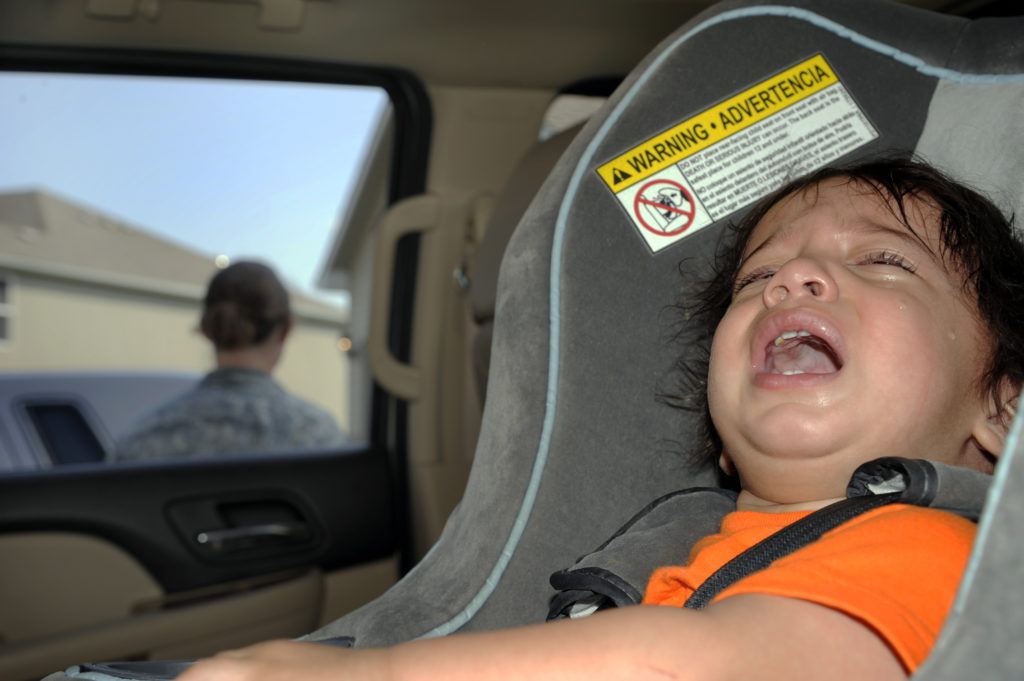 Arizona law requires certain persons who suspect that a child has received non-accidental injury or has been neglected to report their concerns to DCS or local law enforcement (ARS §13-3620.A). YOU may be a child’s only advocate at the time you report the possibility of abuse or neglect. Children often tell a person with whom they feel safe about abuse or neglect. If a child tells you of such experiences, act to protect that child by calling the toll free Arizona Child Abuse Hotline at 1-888-SOS-CHILD (1-888-767-2445). To learn more about Mandated Reporting, select "Who must report?" from the following list.
Arizona law requires certain persons who suspect that a child has received non-accidental injury or has been neglected to report their concerns to DCS or local law enforcement (ARS §13-3620.A). YOU may be a child’s only advocate at the time you report the possibility of abuse or neglect. Children often tell a person with whom they feel safe about abuse or neglect. If a child tells you of such experiences, act to protect that child by calling the toll free Arizona Child Abuse Hotline at 1-888-SOS-CHILD (1-888-767-2445). To learn more about Mandated Reporting, select "Who must report?" from the following list.
What is child abuse and neglect?
When a parent, guardian or custodian inflicts or allows the infliction of physical, sexual or emotional abuse, neglect, exploitation or abandonment.
Who Must Report Child Abuse?
Any person who reasonably believes that a minor is or has been the victim of physical injury, abuse, child abuse, a reportable offense or neglect that appears to have been inflicted on the minor by other than accidental means or that is not explained by the available medical history as being accidental in nature, or who reasonably believes that there has been a denial or deprivation of necessary medical treatment or surgical care or nourishment with the intent to cause or allow the death of an infant who is protected under A. R.S. § 36-2281, shall immediately report or cause reports to be made of this information to a peace officer or to Department of Child Safety, except if the report concerns a person who does not have care, custody or control of the minor, the report shall be made to a peace officer only.
R.S. § 36-2281, shall immediately report or cause reports to be made of this information to a peace officer or to Department of Child Safety, except if the report concerns a person who does not have care, custody or control of the minor, the report shall be made to a peace officer only.
Where can a report be made?
A report can be made to the DCS Statewide Toll-Free Child Abuse Hotline at 1-888-767-2445, (1-888-SOS-CHILD) or law enforcement office. When reporting, the following information if known will be requested:
- name, age, and gender of child and other family members
- address, phone numbers, and/or directions to child's home
- parents' place of employment
- description of suspected abuse or neglect
- current condition of the child
What happens when abuse/neglect is reported?
While you are reporting abuse or neglect, you will be speaking directly with a skilled social work professional. You will be asked for information about the child, the nature of your concerns, the present location of the child, and about the family with whom the child lives. When Department of Child Safety (DCS) receives an abuse or neglect report that meets the criteria for response, a local DCS specialist is assigned to interview the child's siblings, other children in the home and others who may have information about the child’s safety including family, parents, neighbors, teachers, doctors and friends. After all information is gathered, the DCS specialist and a supervisor review the available facts and the next steps to take. A determination of services will be made to reduce the present risk to the child. If a report is warranted it is then assigned to a DCS Field Specialist who then will investigate the report through interviews with all children in the home, parents, friends, relatives, and any other person who may have information about the child and family. After investigation, if DCS has reason to believe that a parent guardian or custodian abused or neglected a child and intends to confirm this, a letter will be sent to the person accused explaining how an appeal of this decision may be requested and how to get a copy of the DCS report.
You will be asked for information about the child, the nature of your concerns, the present location of the child, and about the family with whom the child lives. When Department of Child Safety (DCS) receives an abuse or neglect report that meets the criteria for response, a local DCS specialist is assigned to interview the child's siblings, other children in the home and others who may have information about the child’s safety including family, parents, neighbors, teachers, doctors and friends. After all information is gathered, the DCS specialist and a supervisor review the available facts and the next steps to take. A determination of services will be made to reduce the present risk to the child. If a report is warranted it is then assigned to a DCS Field Specialist who then will investigate the report through interviews with all children in the home, parents, friends, relatives, and any other person who may have information about the child and family. After investigation, if DCS has reason to believe that a parent guardian or custodian abused or neglected a child and intends to confirm this, a letter will be sent to the person accused explaining how an appeal of this decision may be requested and how to get a copy of the DCS report.
The investigation outcome.
Following investigation, the DCS team determines if the report should be substantiated or unsubstantiated. When a report is substantiated it means that the information gathered supports a finding of child abuse or neglect. CPS may provide services to the family or refer them to services in the local community. When a report is unsubstantiated it means that the information gathered does not support a finding of child abuse or neglect. DCS may end its involvement with the family unless the family requests additional help. A confidential record of all DCS reports and outcomes is maintained in a computer database.
Online Reporting Service for Mandated Reporters
Mandated reporters are required by law, as defined by ARS 13-3620, to report all concerns of child abuse or neglect. Department of Child Safety (DCS) provides this secure website for mandated reporters of child abuse and neglect to report non-emergency concerns, as authorized by ARS 13-3620.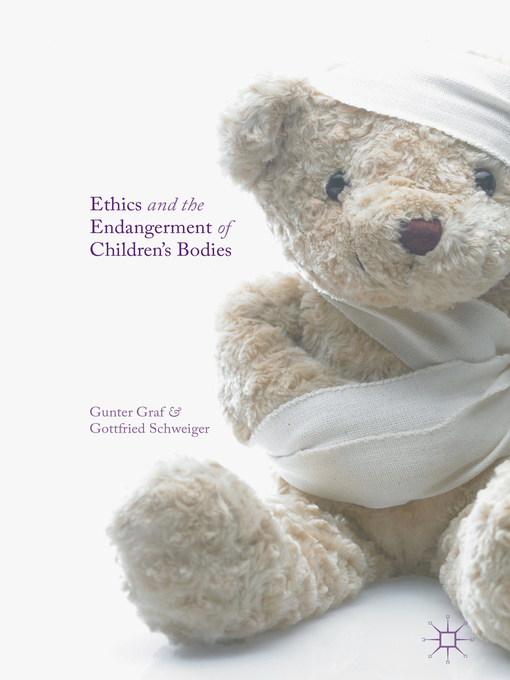 Non-emergency concerns are those in which a child is not at immediate risk of abuse or neglect that could result in serious harm. This website is only for mandated reporters to report situations that do not require an emergency response. An emergency is a situation where a child faces an immediate risk of abuse or neglect that could result in death or serious harm.
Non-emergency concerns are those in which a child is not at immediate risk of abuse or neglect that could result in serious harm. This website is only for mandated reporters to report situations that do not require an emergency response. An emergency is a situation where a child faces an immediate risk of abuse or neglect that could result in death or serious harm.
How do I access Arizona's Online Reporting Service for Mandated Reporters?
- Each mandated reporter creates an account in the Guardian portal.
- Each time the mandated reporter logs in, the Reporting Party section will auto-populate with the Mandated Reporter's information.
- The mandated reporter can update account information.
- Register or Login to existing account.
- You may wish to Bookmark or Favorite the Log In page to your browser.
- If you forget your user name and password, the system allows you to reset your information.
Note: The online reporting service for mandated reporters website is only for mandated reporters to report situations that do not require an emergency response. An emergency is a situation where a child faces an immediate risk of abuse or neglect that could result in death or serious harm.
An emergency is a situation where a child faces an immediate risk of abuse or neglect that could result in death or serious harm.
Why use Arizona's Online Reporting Service for Mandated Reporters?
- Provides an additional means to ensure the safety and well-being of Arizona's children.
- Provides a convenient, secure alternative to reporting via telephone and there are never any hold times.
- Allows you to print a copy of the concern you have submitted for your confidential record.
- Automatic email receipt informing you that your concern has been received.
Note: The online reporting service for mandated reporters website is only for mandated reporters to report situations that do not require an emergency response. An emergency is a situation where a child faces an immediate risk of abuse or neglect that could result in death or serious harm.
What information should I expect to provide during the online reporting process?
The online reporting service is separated into five sections:
- Section I: We ask you to identify yourself and tell us what type of reporting source you are (i.
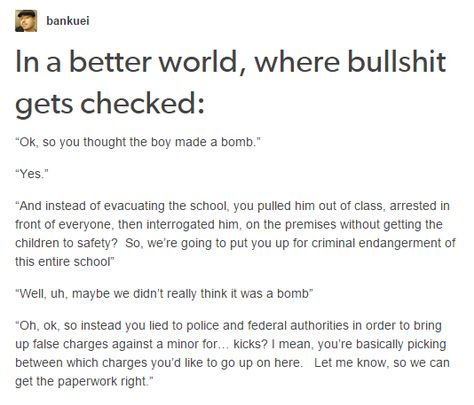 e. school, law enforcement, etc.). You can use the online reporting service as a one-time user, or you can become a registered user with a secure user name and password.
e. school, law enforcement, etc.). You can use the online reporting service as a one-time user, or you can become a registered user with a secure user name and password. - Section II: We gather information regarding the child(ren) such as their age, school/daycare or where the child(ren) can be located.
- Section III: We inquire about the adult profile so that we can understand who was involved in the alleged abuse and/or neglect.
- Section IV: We ask you about what happened. This is your opportunity to tell us what your concerns are.
- Section V: We ask you to tell us about the child and adult functioning as well as any other details you think will help ensure the safety of the child(ren) you are concerned about.
After submitting your concern, you will be able to print a copy of the document to keep for your confidential records.
You will receive a unique form number that will be associated with the concern you submitted.
If you do not receive a form number your concern was not submitted.
Some of the questions we ask you will require a response before you are able to continue and/or submit your concern.
**The system will time out after being idle for 20 minutes, and any information you have entered will be lost.
Note: The online reporting service for mandated reporters website is only for mandated reporters to report situations that do not require an emergency response. An emergency is a situation where a child faces an immediate risk of abuse or neglect that could result in death or serious harm.
Can I report a concern anonymously?
- Currently the Online Reporting Service is for Mandated Reporters and is reserved for individuals who are willing to identify themselves as the reporting source. Please be aware that the identity of reporting sources is strictly confidential, per ARS 8-807.
- Department of Child Safety is committed to assessing all concerns of child abuse and neglect to determine if a concern meets the statutory criteria for a DCS report.

- The Online Reporting Service best serves Arizona's children when the reporting source can be contacted for additional information and clarification, if needed.
- The Arizona Child Abuse Hotline will assess concern received from anonymous parties and can be reached 24 hours a day, seven days a week at 1-888-SOS-CHILD / 1-888-767-2445.
Confidentiality and website security
- All communications are secure and encrypted, using Secure Socket Layer (SSL) technology.
- To ensure the information you provide regarding child abuse and neglect remains confidential, this website has been designed to allow the mandated reporter to print the submitted concern. The final concern cannot be saved on the mandated reporter's computer.
- Reporting sources cannot access their documentation after it has been submitted.
- This website's security has been determined to meet HIPAA-covered entities' requirements to submit concerns of child abuse or neglect, as mandated by state law.

Note: The online reporting service for mandated reporters website is only for mandated reporters to report situations that do not require an emergency response. An emergency is a situation where a child faces an immediate risk of abuse or neglect that could result in death or serious harm.
Issues or Errors Logging in or Registering an Account
For issues/trouble logging into or registering an account as a mandated reporter, you must call the DCS IT Helpdesk to assist and troubleshoot:
Support Hours are Monday-Friday 7AM to 6PM
Phone: 602-542-8667
Toll Free: 1-888-595-1583
Note: The online reporting service for mandated reporters website is only for mandated reporters to report situations that do not require an emergency response. An emergency is a situation where a child faces an immediate risk of abuse or neglect that could result in death or serious harm.
Advice to parents on preventing domestic abuse
Children, being the most unprotected, vulnerable social group, often become victims of physical, sexual, emotional abuse. Unfortunately, most of these cases occur in the family, among people who have to ensure the safety of the child, care for him and love him.
Unfortunately, most of these cases occur in the family, among people who have to ensure the safety of the child, care for him and love him.
Maltreatment of children in the family traumatizes their psyche and is the cause of many psychological problems that can later have a negative impact on various areas of a child's life. In addition, it has not only psychological, but also social and legal aspects.
In case of disobedience or if there are signs of difficult behavior, parents believe that they have the right to punish the child, mistakenly believing this to be the norm. The danger is the unenlightenment of adults that ill-treatment is not only a rude and obviously traumatic use of force, but also the usual “traditional” forms of punishment and influence on children. We urge parents to use only acceptable methods of disciplinary action in their practice.
Before you punish a child, you need to take his place and understand why he committed this act.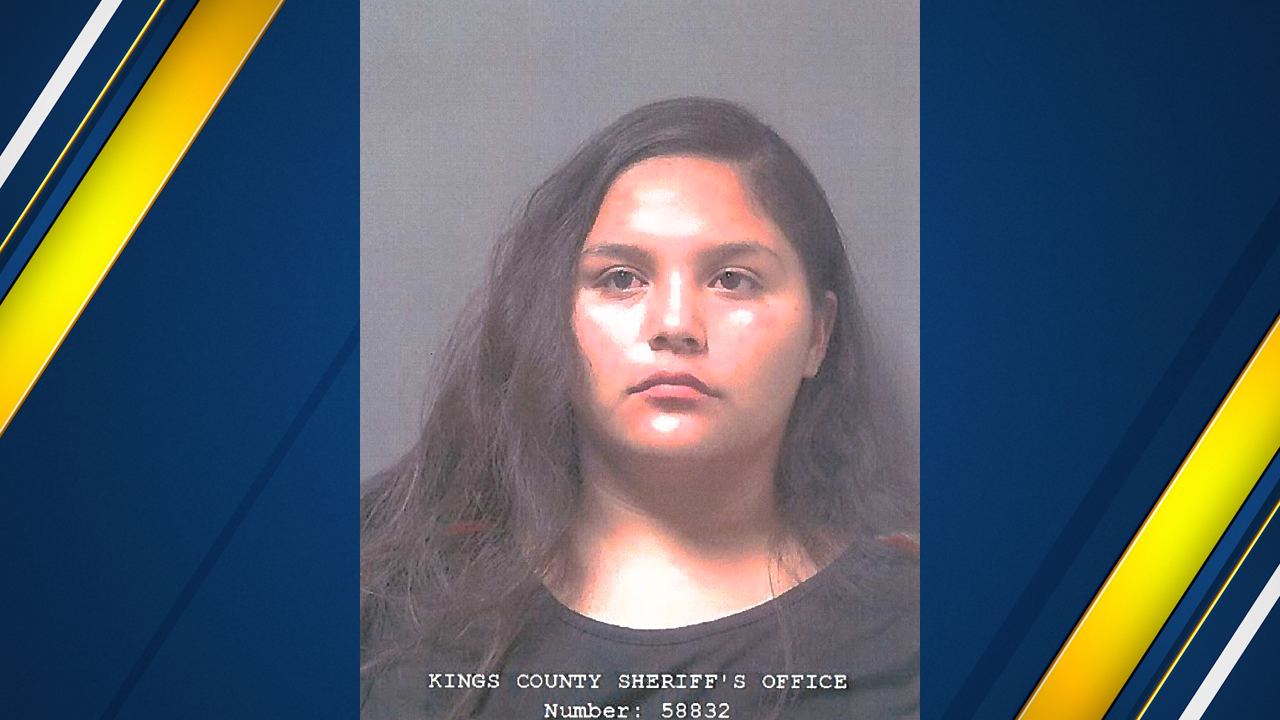 Is it your fault that the child committed a misdemeanor? Perhaps you didn’t explain to him that it’s impossible to do this, and he simply doesn’t see anything bad in his act and doesn’t understand the consequences? In this case, the entire punishment should be reduced to an explanatory conversation why this should not be done. If you do not explain to the child what is good and what is bad, he will learn it extremely slowly, and may even consider that such behavior is the norm.
Is it your fault that the child committed a misdemeanor? Perhaps you didn’t explain to him that it’s impossible to do this, and he simply doesn’t see anything bad in his act and doesn’t understand the consequences? In this case, the entire punishment should be reduced to an explanatory conversation why this should not be done. If you do not explain to the child what is good and what is bad, he will learn it extremely slowly, and may even consider that such behavior is the norm.
Punishment should not harm health - neither physical nor mental. It should not affect things that are important for the development of the child, such as food, sleep, or sports activities. The punishment must be proportionate to the gravity of the offence. Therefore, be careful and objective. Before punishing, consider whether it would be too severe for this particular offense, and observe the measure in everything. In addition, there are types of punishment that can never and under no circumstances be applied to a child.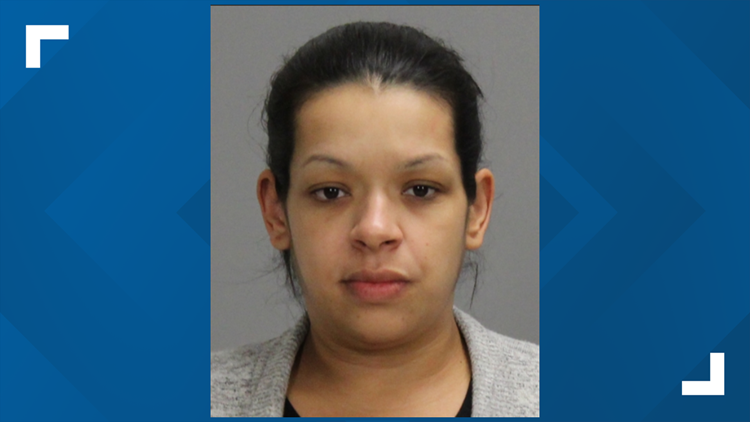
Threats and intimidation - can lead to serious psychological disorders, the development of neuroses, etc. Also, this type of punishment can lead to completely opposite desired results: after a while, the child will see that the threats are not being carried out, which means that they can be ignored.
Leaving misconduct without attention at all is just as bad as punishing a child unnecessarily severely. The child must know that after misbehavior there will be consequences.
When applying punishment, one must adhere to a very important rule: you can express your dissatisfaction with the individual actions of the child, but not with the child himself.
The most effective education is education by personal example. If parents punish a child for something they do not do themselves, this causes him to protest and gives rise to a feeling of disrespect for them.
Remember that the parent who punishes without educating is bad. Therefore, you will need: patience, love, consistency, adequacy.
Punishment algorithm
1. You should be punished when you are alone with the child, and no one is watching you.
2. Tell your child in advance that you are going to reprimand him for bad behavior.
3. Punishment must immediately follow the offense.
4. Look your child in the eyes and tell them directly about what they did, pointing out specific facts. This item helps not to break down on your children because of a bad mood, because. listing the facts is very sobering, and the parent can choose an adequate method of punishment.
5. Then talk about how you feel. It is important not to deceive yourself and the child. If you feel contempt, anger or hatred, say so. There is no need to argue about feelings. You are simply telling your child what you feel is a fact to be accepted.
6. Now you need to take a deep breath and calm down.
7. When you are ready - look at your child and touch him as your most beloved person.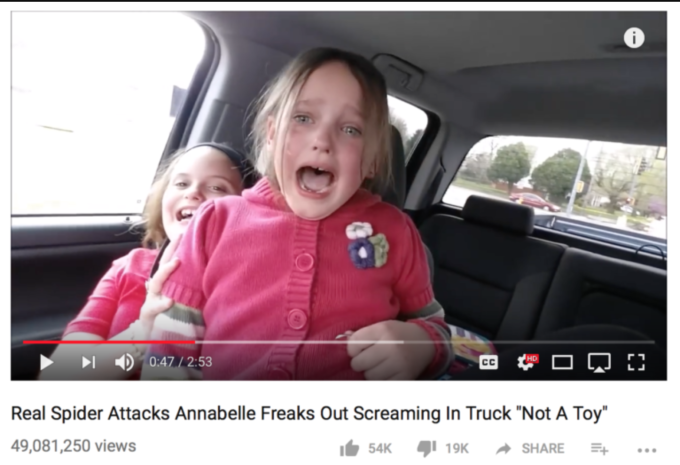
8. Calmly say: “Your behavior cannot be called good, but you are good to me. That is why I am upset (a). You're better than your behavior. I know. That you are a good person. And I love you".
9. Hug your child.
10. The reprimand is over. Do not return to this situation again and do not mention it.
Acceptable discipline of a child
1. Method of natural consequences - one of the types of punishment emanating from life itself. When the baby burns himself when he touches a hot cup, or pricks himself when he grasps a needle, he may for the first time feel the meaning and vitality of the parental demand. This method will undoubtedly help the child draw an independent conclusion from what happened. Punishment can also come from an adult. Such punishments are called conditional consequences of disobedience, because they do not follow naturally from the actions of the child, but are imposed by the parents at their discretion.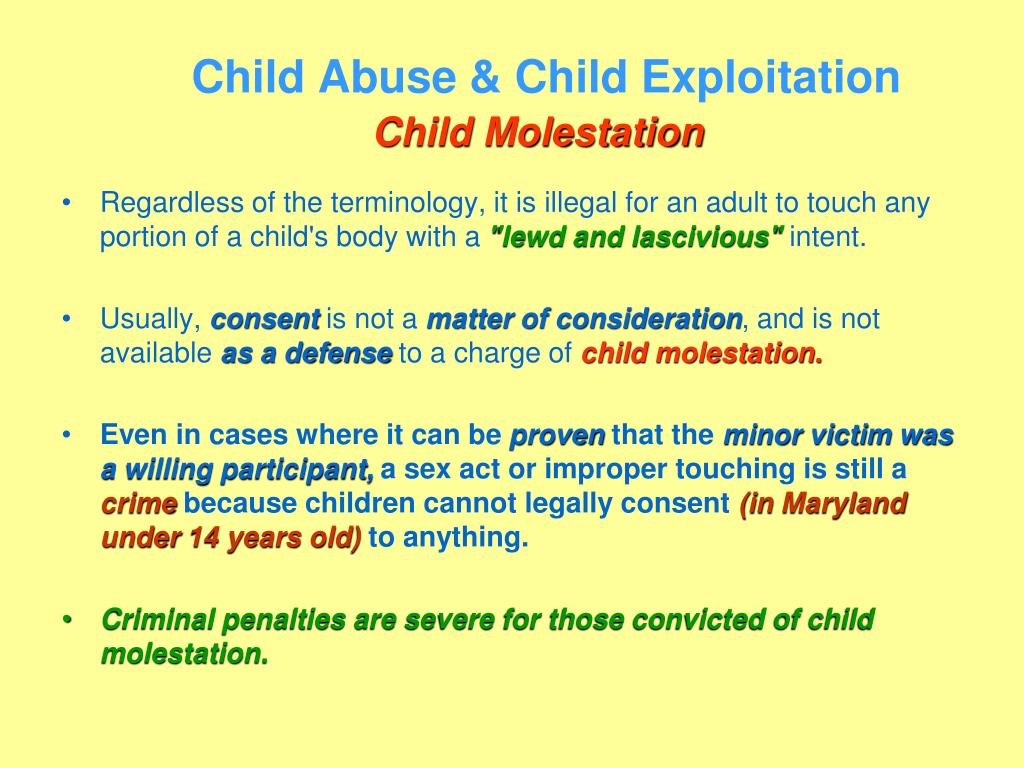 It all starts with a warning: “If you don’t ... then ...”, and ends with the fulfillment of the promise. For example: "If you don't put your toys away, you won't go for a walk."
It all starts with a warning: “If you don’t ... then ...”, and ends with the fulfillment of the promise. For example: "If you don't put your toys away, you won't go for a walk."
2. Deprivation of pleasure. Better to punish. Depriving good than doing bad. This method can be used from the first year of a child's life. For example, when a one-year-old baby hits his mother in the face with his palm, checking “is it possible or not”, she should immediately lower the fighter to the ground and strictly say “no”. In this case, the child loses his beloved hands and mother's warmth. And for him this is a very significant loss. A few repetitions will be enough. In a family where it is customary for mom or dad to read a book to a baby before going to bed, reading is canceled. For older children, a ban may be imposed on watching TV, playing at the computer. However, you should not go too far and punish with too long deprivation of something. Since the child may simply feel miserable. And this cannot be allowed.
3. Deprivation of attention. Believe me, the most important thing for children is your attention. You need to know that they do most of the bad deeds precisely because of the desire to be noticed. Therefore, a child can be punished with a lack of attention, that is, simply not paying any attention to his tricks, so that he understands that such tactics will not bring any results. But, before you start ignoring, he definitely needs to explain what you are doing, because you decided to punish him, and not because you are in a bad mood. It is also necessary to decide and inform the child how much you will punish him in this way. For example: “I will not talk to you until you collect all your toys (stop screaming). Everyone, just mind your own business. Of course, the child will immediately want to check, and after several attempts, making sure that you do not back down, he will stop doing what he is punished for.
4. Punishment of children - pause. This method is great when children are trying to manipulate their parents to get their attention. Actually, this is not even a way to punish a child, but simply a way to stop children's whims or pranks. The method is extremely simple - send the child to a secluded room to think about his behavior (the notorious: go to your room or corner). Just remember that you can’t punish kids like that. If the child is very small, you can leave the room yourself. It is also not worth punishing a small child for a long time in this way, because after a while he will simply forget what he was punished for.
Actually, this is not even a way to punish a child, but simply a way to stop children's whims or pranks. The method is extremely simple - send the child to a secluded room to think about his behavior (the notorious: go to your room or corner). Just remember that you can’t punish kids like that. If the child is very small, you can leave the room yourself. It is also not worth punishing a small child for a long time in this way, because after a while he will simply forget what he was punished for.
I would like to warn you if you are trying a new method. Remember that everything new is first tested by children for strength and only then accepted.
Prepared with materials
center of psychological, medical and social support
"Family" in Ufa.
What to do so that children are not lost: the main safety rules
Only according to official statistics, there are millions of missing children on the planet, and every year there are more of them.
"Philanthropist", together with the prevention group of the search and rescue team "Lisa Alert", publishes the main rules for the children of their parents: how not to get lost and what to do if the child is still missing.
Photo from Facebook of the Liza Alert Search Team
Safety regulations. Reminder for parents
- Photograph your child. This is necessary in case you have to look for it. Know his wardrobe - so if an older child disappears, you can tell what he left in and whether he took a supply of things with him. If you and your child go to an event where there will be a lot of people, take a picture of it before leaving: in a situation of losing a child, parents often cannot remember what they put on before leaving due to stress.
- Control the time when the child should come home. If he is late for half an hour, start calling the teacher, his friends, the teacher from the circle, the parents of friends, the ex-husband.
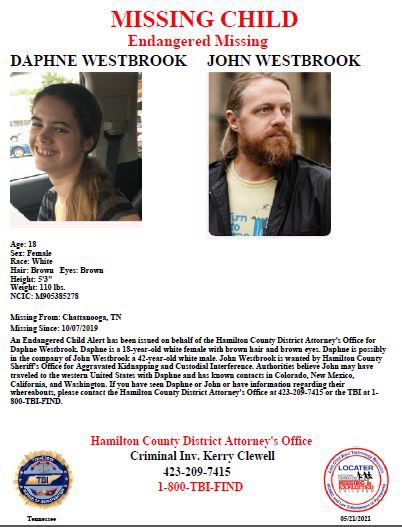 Do not feel embarrassed when you have to disturb other people because the child did not come on time: the situation of the missing child is extreme, and in it you simply have to do it as soon as possible, and let him return in half an hour and find that he has played too much with friends. Do not forget to call then those whom you called, thank and inform that the child has returned.
Do not feel embarrassed when you have to disturb other people because the child did not come on time: the situation of the missing child is extreme, and in it you simply have to do it as soon as possible, and let him return in half an hour and find that he has played too much with friends. Do not forget to call then those whom you called, thank and inform that the child has returned. - Meet if the child calls and asks to meet him. Don't say, "You'll get there, you're already big"! It may be embarrassing for a person to explain the reason for his request over the phone, he cannot always say "I think that they are following me." Just spend five minutes and meet.
- Agree with the class teacher that if the child does not come to school, the teacher will immediately call you. In most cases, when the child did not reach school in the morning, we only find out about it in the evening, when he did not come home, it is extremely rare for someone to worry at school if the child did not show up.

- The child's phone number must be in your name. The mobile operator issues printouts of his calls only to the person to whom the phone is registered, and you will receive information about where the subscriber with the phone is at best in 2-3 days - and this is another reason why you should start searching as early as possible .
- Child safety gadgets and software . Use them. You can install programs on smartphones - GPS locators of your family members (“My Family”, “My Friends”), for a small fee, you can connect to any phone from your mobile operator the service of informing about the location of the subscriber.
- If your child is missing, call 112 immediately – emergency service, don't wait. Your call is an already accepted missing persons report. There is no "rule of three days" for either children or adults. Any person, regardless of family ties with the missing person, can file a statement that a person is missing, by calling 112, or who has come to you on a call along with, or in any (not only his) police department, and they must immediately accept him, not persuading you to wait until the lost "walk and come.
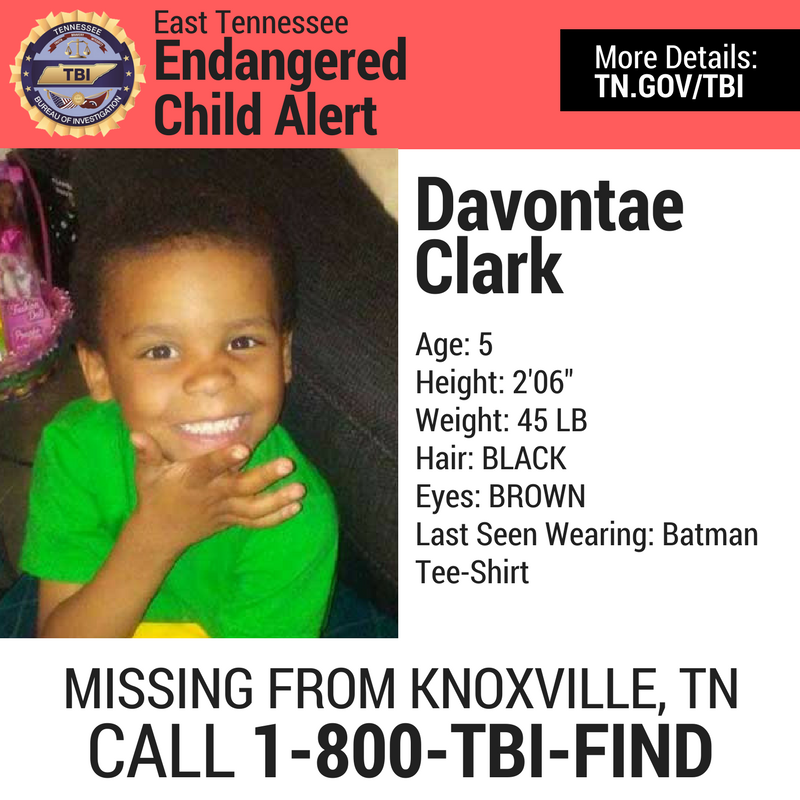 " If suddenly they don’t want to take an application to the police department - and the same applies to missing adults, you call 112 and inform the operator about this, indicating the number of the department.
" If suddenly they don’t want to take an application to the police department - and the same applies to missing adults, you call 112 and inform the operator about this, indicating the number of the department. - Do not scold the child when he is found, do not yell at him, do not hit him, or at least first apologize for saying: “I'm sorry, please, I'm going to be harsh now, but I can't help but say this ". Explain to him that you were worried, tell him about the troubles that could happen to him. It is important not to scare him, because children who are really lost may be so afraid of punishment that they themselves will hide and not respond.
Surge protector: how to keep children safe online
Children's Internet Safety Rules
- Do not forbid your child to start his own page in a social network if he asks for it. On the contrary, make a page together.
- Teach your child the rules of Internet safety: do not post your photos and contacts in the public domain, do not respond to "attractive" offers from strangers, remember that he never knows who the stranger really is who introduces himself, for example , his peer, accept as friends only those who he knows personally.
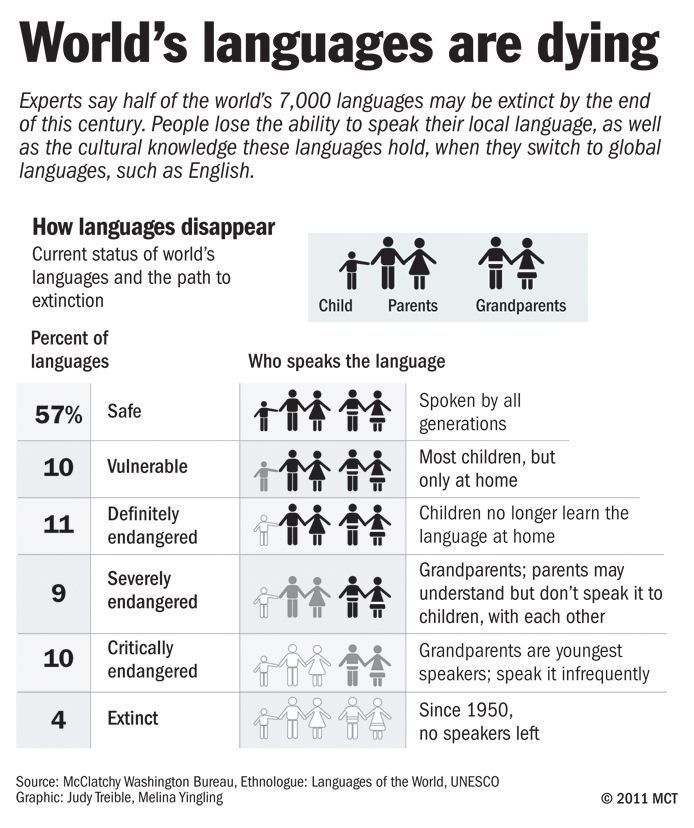
- Look through the list of your child's "friends" periodically, pay attention to adults, if they are not teachers, see which groups he reads and which publics he subscribes to.
Important concepts - what to teach children
1. Friend or foe
Set a clear framework for who is "one's own", with whom you can safely go, and who is not included in the circle of trust. Let this circle include the people closest to the child, those with whom he lives or constantly communicates: mom, dad, grandparents, older brothers and sisters. Let it be a very narrow circle, but it will include people to whom you can safely entrust the life of your child.
No matter how nice and kind a person who approaches your child may seem, even if he knows the names of mom and dad, the child himself, even if he works with one of the parents or is dressed in a uniform, for example, a police officer - anyway, this person is a stranger.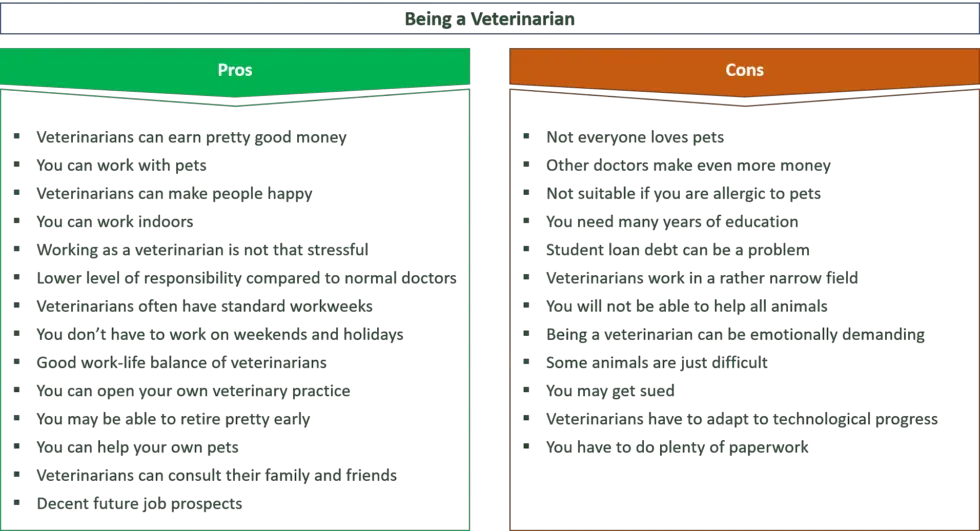 You can't go anywhere with him. Getting into the car of friends of parents and non-close relatives or going somewhere with them is possible only if the child called the parents and they gave their permission.
You can't go anywhere with him. Getting into the car of friends of parents and non-close relatives or going somewhere with them is possible only if the child called the parents and they gave their permission.
"The whole world needs to look for children"
2. Learn to say "no"
How often do we teach children: "A child must obey adults." But we do not always think that now any adult is for the child the one who must be obeyed. It is very important that he understands that no one from the circle of trust has the right to force him to do what he does not want, to go with someone with whom he does not want. His body is inviolable, and only close people who are responsible for him can direct his actions. And even if an adult demandingly and sternly asks to go with him, the child must be able to say “no”, and not obediently follow a stranger to please his desires.
3. Asking for help is not a shame
The reasons why children cannot ask for help are completely different: someone is ashamed, embarrassed, someone is afraid - but the result is always the same. A child who is in trouble and does not ask for help will not be able to solve the problem on his own, which means that he will not have a chance to survive. Explain to your child that adults will always come to the aid of the child, especially if he is in danger.
A child who is in trouble and does not ask for help will not be able to solve the problem on his own, which means that he will not have a chance to survive. Explain to your child that adults will always come to the aid of the child, especially if he is in danger.
4. You need to know how to scream
“Hush, you're in a public place! What are you screaming like a savage? Were you born in the forest? - surely many people remember these phrases from their childhood, and someone has repeatedly said them to their children. And it's normal that we instill in our children a culture of behavior in society, but there is a side effect: children stop screaming at all. And the moment your child needs help - and it's so easy to ask for it, all you have to do is shout louder - the child can be paralyzed by a parent's command not to scream in a public place.
Explain to the child that it is possible and necessary to scream to save one's life. That no one will condemn or shush him, but on the contrary, they will help and support him.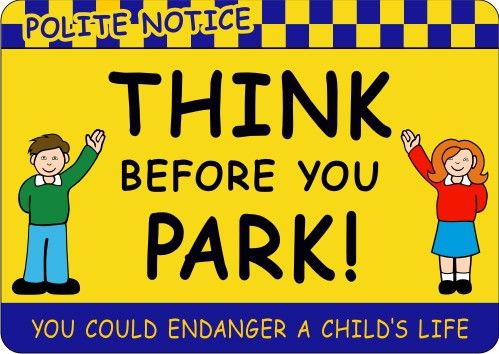 Go out into nature together and shout. Help your child learn to scream!
Go out into nature together and shout. Help your child learn to scream!
5. Safety means life
Teach your baby to walk the same street, cross the road in the right place. Exclude from his route deserted and unlit streets, park areas, abandoned buildings, garages, construction sites. The path of the child must be lit, the streets must be passable. A child who is in plain sight is much more difficult to kidnap, which means that the baby will be safe. Walk this road with him when he starts to walk alone, and draw his attention to potentially dangerous places where you can’t go.
Of course, all these tips cannot protect one hundred percent from the dangers of the world where we live, they can only reduce the risk to a minimum.
Important phone numbers (in Russia)
Liza Alert hotline for all regions of Russia: 8-800-700-54-52
Duty unit of the Central Internal Affairs Directorate: 102
Important phones (Moscow)
Accident Registration Bureau: 495-688-22-52, 495-684-00-25, 495-684-31-39
Round-the-clock central help desk "Ambulance", information on visits and hospitalization of patients to city hospitals during the day, over the past day or more: 495-445-57-66, 495-445-01-02, 495-445- 02-1
Criminal Investigation Department: 495-694-94-70
Temporary detention center for juveniles: 499-201-90-11
Background information was prepared by the prevention team of the search and rescue team "Lisa Alert".
